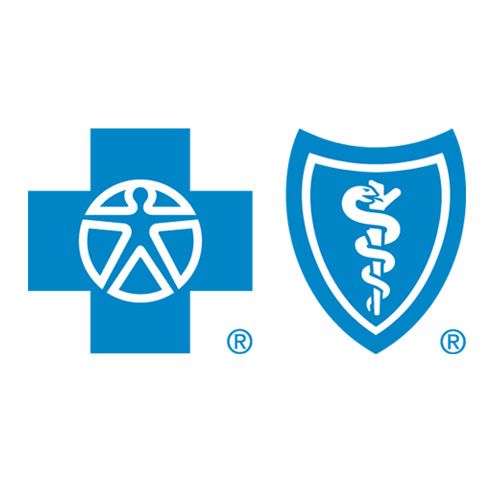Where are you planning to have your surgery? Here’s why it matters
October 5, 2020When you need surgery, the type of facility you choose for the procedure is probably one of the last things you’re thinking about. But, as the cost of health care continues to rise at an unsustainable rate, it is definitely something to keep in mind.
Did you know that costs can vary significantly between different types of facilities, even when the quality, outcomes and experience are similar? Whether you need a hernia repair, knee or hip replacement, back surgery or any other type of common procedure, it may be a good idea to talk with your doctor about having it done at an ambulatory surgical center (ASC) rather than a hospital.
Simply put, ASCs are modern health care facilities that offer same-day, outpatient surgery for both diagnosis and prevention. Today, more than half of all surgeries performed in the United States are done on an outpatient basis and ASCs are quickly becoming a more popular option for many types of procedures.
Advances in techniques, anesthesia and pain management now let patients safely and comfortably recover from surgery in their own homes. And, outpatient surgery can offer significant benefits over inpatient surgery including lower costs, higher satisfaction and improved outcomes for the patient.
And when outpatient surgery is done at an ASC, it is often more affordable than the same procedure performed in a hospital outpatient setting. The smaller care setting of an ASC can also offer a more personalized experience and more convenient scheduling options.

Ambulatory surgical centers can save your hard-earned dollars, even if you have insurance
Claims data from Blue Cross and Blue Shield of Minnesota shows that a member with a $2,000 deductible and 20 percent coinsurance will save an average of $260 in out-of-pocket costs for common gastrointestinal procedures— such as a colonoscopy— by receiving care at an ASC.
Additionally, the American Surgery Center Association concluded that knee arthroscopy patients could save $1,275 in out-of-pocket costs by simply going to an ASC instead of a hospital for their procedure. And a study conducted by the Hospital for Special Surgery and Rothman Orthopedic Institute found that knee and hip replacements cost 40 percent less at an ASC than an inpatient hospital setting, with no additional risk of complications or readmissions.
In addition to lower costs, ASCs have shown potential for lower risk of infection with equal or better outcomes. Studies from the Centers for Disease Control and Prevention (CDC) and Journal of the American Medical Association (JAMA) have shown that patients developed a lower surgical site infection rate in an ASC as compared to the hospital setting.
Sometimes, the hospital is a better option
Surgery performed in the hospital can be a better option for people who have highly complex cases. But, if you are otherwise healthy, there are many reasons why you may benefit from receiving high-quality care at a lower price by going to an ASC as both are safe and effective options.
In addition to considering your overall health and the complexity of your procedure, you will also want to think about the distance from your home to the nearest ASC or hospital, as it may vary significantly. Based on this, any hospital that is more than 25 miles away from the nearest ASC is exempt from the Blue Cross “site of service” medical policy, which asks doctors to refer patients to ambulatory surgical centers when appropriate.
What the Blue Cross site of service policy means for you
The site of service program, originally developed in March 2019, is one way Blue Cross is working to make sure you can get the care you need when you need it at a fair price. As hospital and drug prices skyrocket, programs like this help lower your costs and the overall cost of health care, which can lead to lower premiums over time.
The program isn't a change in your benefits, but a change in how we pay health care providers for care. It is based on a medical policy, which aligns with evidence showing that for people who are otherwise healthy an ASC is a convenient and cost-effective alternative to an inpatient or outpatient hospital setting.
To learn more about the Blue Cross site of service program and other efforts to improve quality while lowering costs, please visit www.bluecrossmn.com/sustainability.
For more information, call the number on the back of your Blue Cross member ID card to speak to a team member who can assist.

